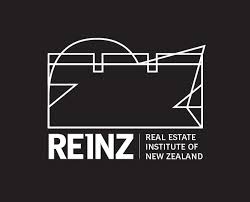
Bindi Norwell, Chief Executive at REINZ says: “We agree with Minister Twyford’s comment where he says that New Zealand’s tenancy laws are antiquated and don’t reflect the fact that renting is now a long-term reality for many families. Therefore, we welcome the review of the Residential Tenancies Act as many of our renters are among the most vulnerable members of society and it’s important they get the protections they so rightly deserve.
“However, it’s important that we get the balance right between protecting renters and protecting landlords to ensure that we maintain a healthy stock of rental properties for tenants to choose from around the country.
“We are concerned that extending the notice period a landlord must give from 42 days to 90 days may simply make it less attractive for investors to purchase rental property – especially if they are selling the property.
“Again, it’s important that a balance is struck between ending the cancellation of tenancies without cause while still ensuring landlords can evict ‘rogue’ tenants. The same is true of limiting rent increases to once a year. If landlords feel this disincentivises them too greatly then it could cause a reduction in rental property stock, but it’s important that tenants are not facing un-necessary price hikes in their rent.
“We would welcome some new tools to help tenants and landlords agree to the keeping of pets and the provision of clarity around tenants making reasonable alterations. For many Kiwis a pet is a huge part of their family, so it’s important that they can keep their pets with them when they move to a new house or make minor alterations to make the property feel more like their own – this is often the case overseas, so why not in New Zealand as well?” continues Norwell.
“Our view remains though that if the government wants to make life better for renters that it should regulate the property management industry as part of the Residential Tenancies Act reform. Every week we are hearing more and more concerning stories emerging about tenants living in unsatisfactory conditions. Making the industry regulated would ensure there is a consistent standard to ensure that the industry, consumers and landlords all have adequate protections and clarity in place. Particularly around holding money in a trust account, having appropriate insurance in place to operate in the industry, having a dispute resolution process in place and ensuring that regulatory compliance is being adhered to alongside operating under an industry-wide recognised qualification,” concludes Norwell.




